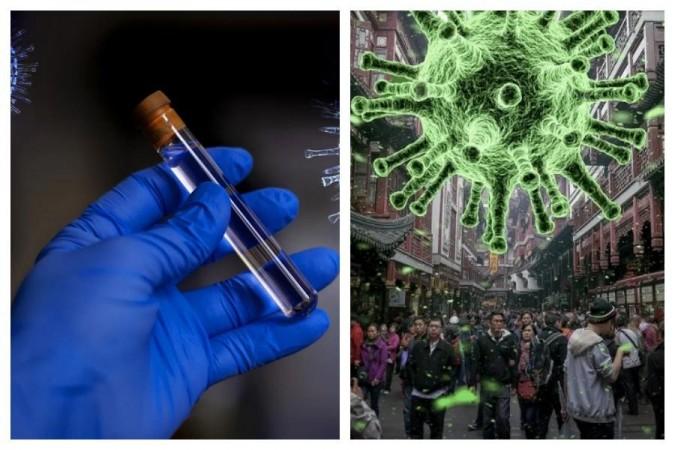India, like other countries, has been struggling to overcome the COVID-19 pandemic. With several vaccines still under trial, people are on the lookout for some sense of normalcy that the vaccines will bring. The fear of contracting the deadly virus, which has claimed over 145,000 deaths in the country, has people living in fear. Come New Year, things might get better – if not normal.
According to a BBC report, federal health officials revealed that India is likely to commence vaccinating people in January. The officials, on the condition of anonymity, said a few vaccine candidates were likely to get emergency-use authorization from India's drug regulator in the next few weeks.

There are several vaccine trials being conducted in the country, including Covishield by Serum Institute of India in partnership with AstraZeneca, Covaxin by Bharat Biotech in partnership with ICMR, Sputnik V being developed by Dr Reddy's Lab and Russia's Gamaleya National Centre, a nasal vaccine by Bharat BioTech, and more.
Sufficient stockpile
Contrary to scepticism poured in regards to the vaccine availability in India, the officials said there will be sufficient stock. There are 8 vaccine candidates under trial in the country, four of which are developed indigenously.
For instance, the Serum Institute of India and Bharat Biotech alone have a capacity of producing 65 million doses a month.
![[Representational image] coronavirus delhi](https://data1.ibtimes.co.in/en/full/746816/coronavirus-delhi.png?h=450&l=50&t=40)
Vaccination stages
India is the world's second-most populous country and the challenge to vaccinate the entire country is real. Going by the health officials' understanding of the plan, around 300 million Indians will be vaccinated between January and early August, starting with health workers, policemen, soldiers, municipal and other frontline workers.
The officials also revealed that 154,000 of the country's 223,000 nurses and midwives engaged in this programme will be tasked with giving vaccines to the people. One of the biggest challenges is storing the vaccines, for which around 29,000 existing cold storage facilities would be used to stock the COVID vaccines.

















